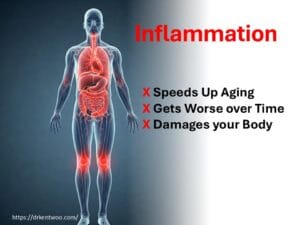How to Properly Evaluate Food Allergies (Without Wasting Time & Money)
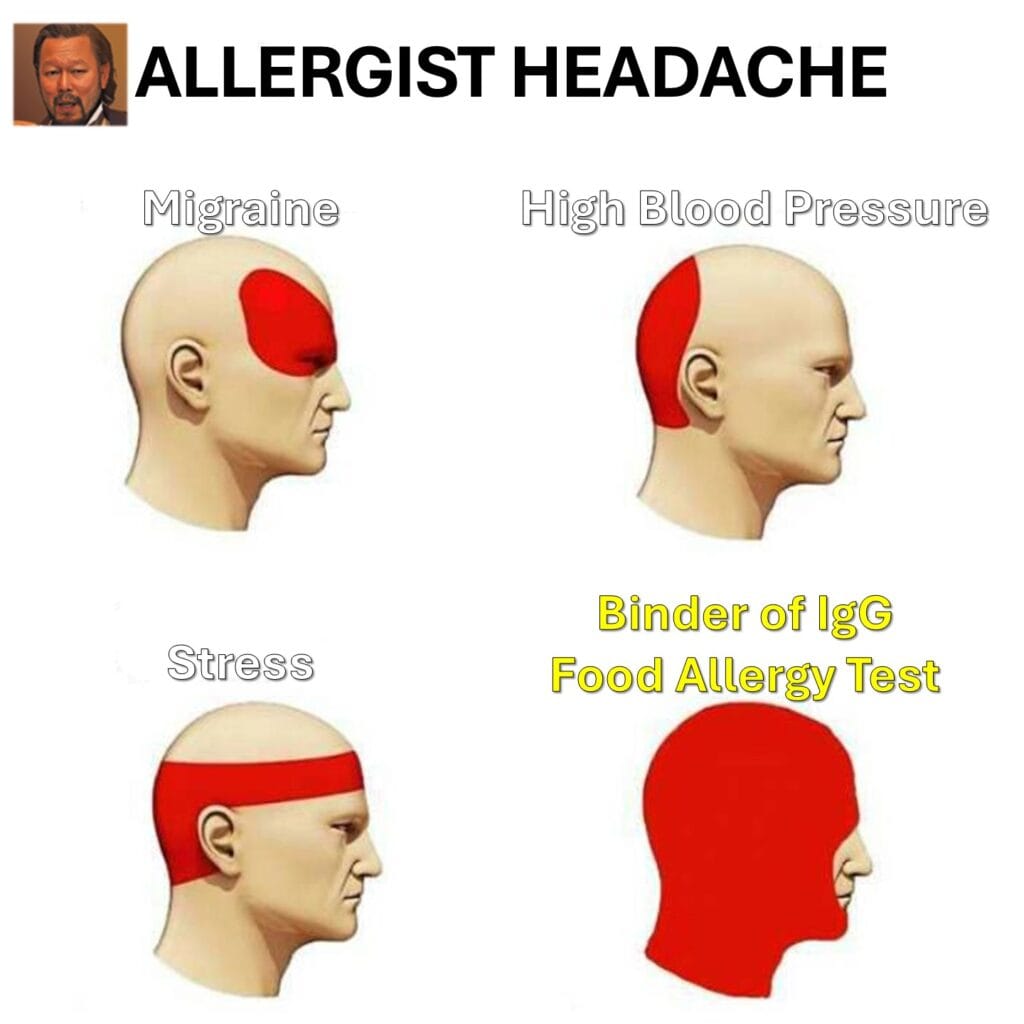
When it comes to food allergy diagnosis, one thing matters most: getting it right.
Too often, I see patients who’ve been told to avoid entire food groups just because of a “positive” test they found online. The result? Stress, unnecessary restrictions, and sometimes even malnutrition.
So how should you properly test for food allergies?
👉 By starting with a detailed history, guided by a board-certified Allergy & Immunology specialist.
Step 1: The Story Matters Most
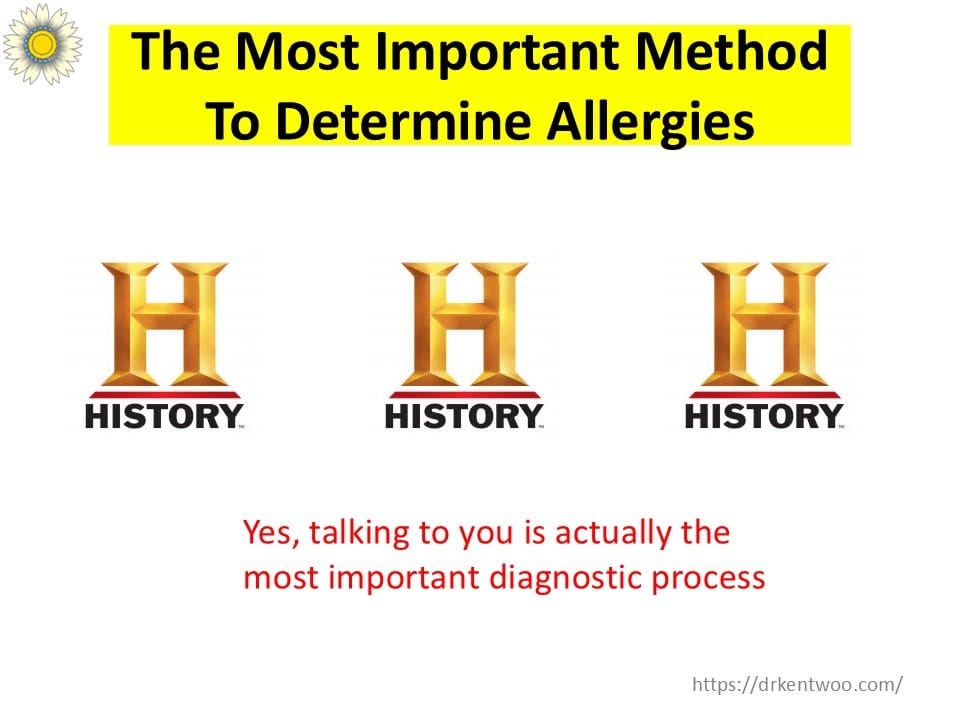
Before any tests, your doctor will dig deep into your medical history. This is where the real detective work happens.
We ask questions like:
What symptoms did you have, and how soon after eating did they appear?
Was it a mild itch or a full-blown reaction?
Exactly what and how much did you eat?
Does it happen every time, or only sometimes?
Any other health factors at play?
This helps us figure out:
✅ Is this really a food allergy?
✅ If yes, what’s the most likely trigger?
Why Blood Tests Alone Don’t Tell the Full Story
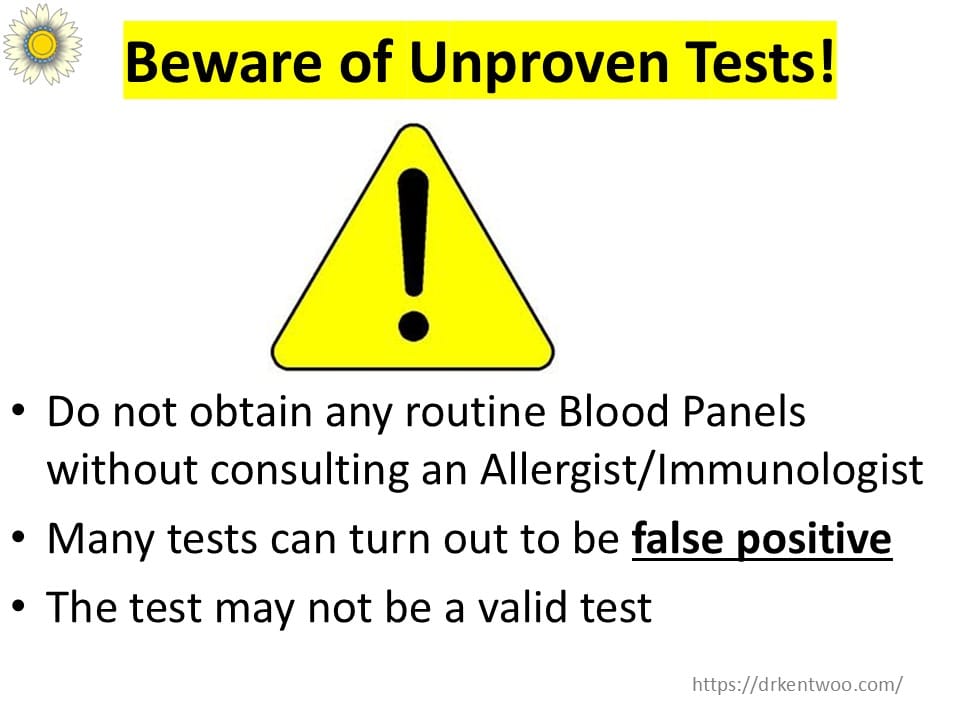
A common misconception: “I’ll just do a blood test and know for sure.”
Here’s the truth about food allergy blood tests:
❌ False positives – You might test “positive” for foods you’ve eaten without any issue.
❌ False negatives – You could test “negative” and still have an allergy.
That’s why blood test results must be interpreted in context with your history.
The Problem with Allergy Panels
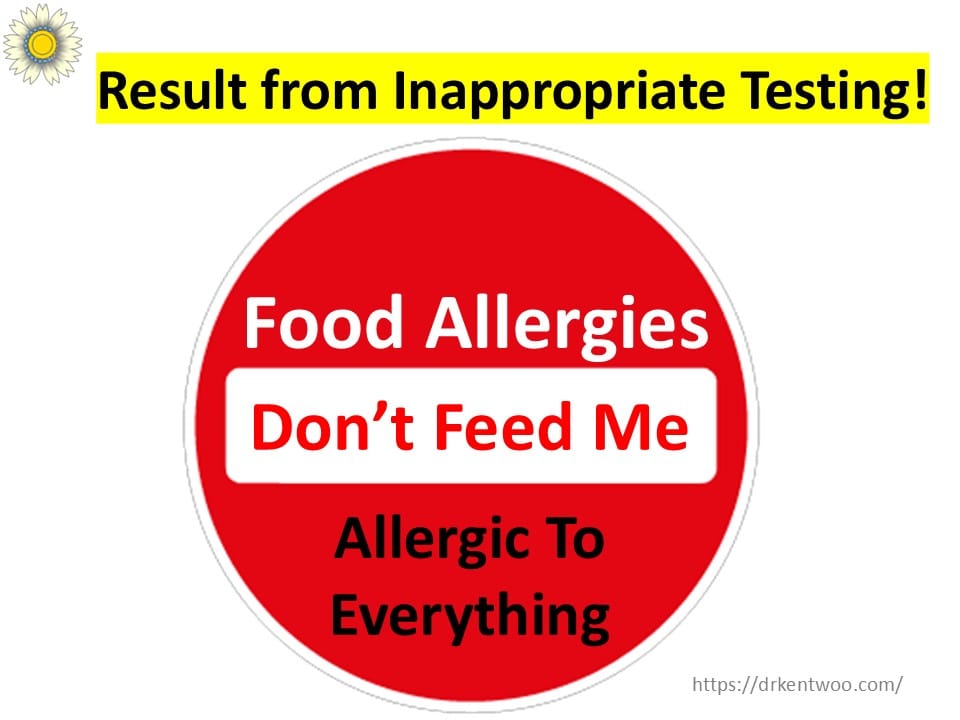
You’ve seen them: “Comprehensive Food Allergy Panels” that test you for 30, 50, even 200 foods at once. Sounds convenient, right?
🚫 Wrong. Without proper guidance and explanation, these panels causes confusion and anxiety.
And leads to unnecessary food restrictions.
Testing should be targeted, guided by your story – not by a shopping list of foods.
When Tests Are Helpful
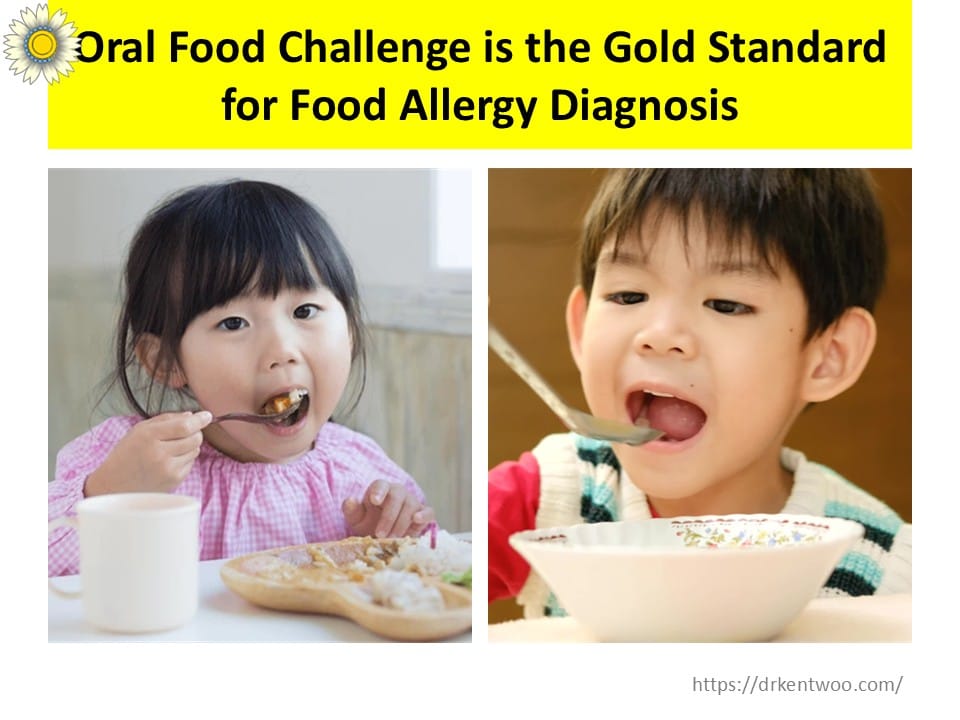
Now, don’t get me wrong. Blood tests and skin prick tests do have their place.
They’re useful for:
Tracking allergy progression – IgE levels can show whether a child is outgrowing an allergy.
Supporting food challenges – The “gold standard” for confirming if someone is still allergic is an oral food challenge, done safely in a clinic.
Beware the IgG & IgG4 Trap
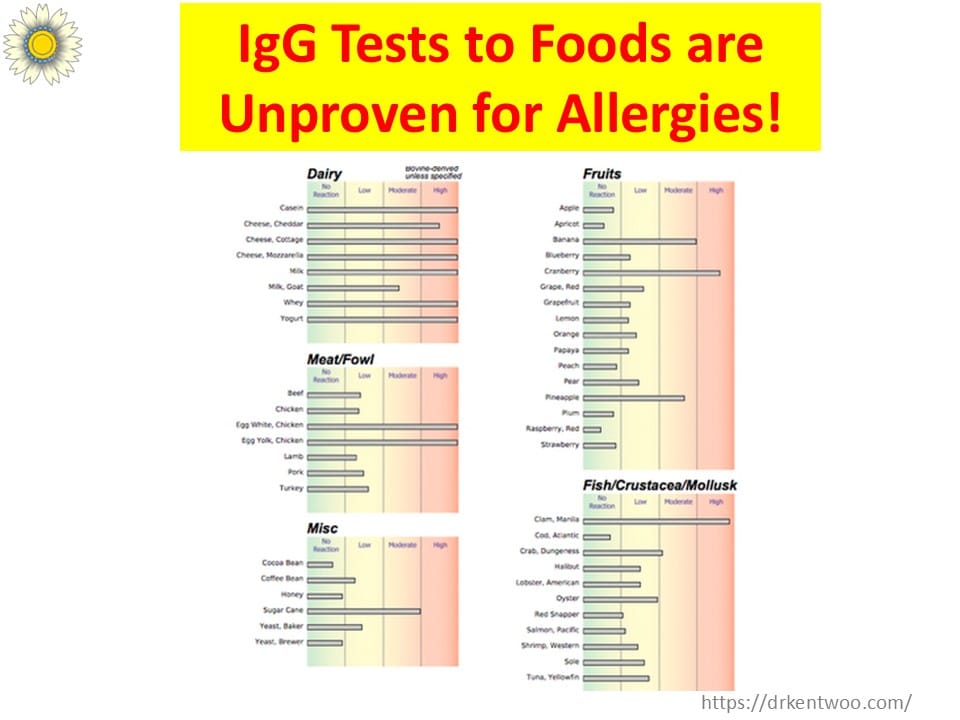
You may have seen ads for IgG or IgG4 food intolerance tests.
Let me be clear: these do not diagnose food allergies.
Here’s the science:
IgG responses are a normal immune reaction to food exposure.
There is no link between IgG levels and allergic reactions.
⚠️ Bottom line: Don’t waste your money. These tests are misleading at best.
The Right Way to Diagnose Food Allergies
If you’re worried about food allergies, here’s the safe and reliable path:
1️⃣ Book a consultation with a board-certified Allergy & Immunology specialist.
2️⃣ Share your detailed history (symptoms, timing, triggers).
3️⃣ We will recommend either skin prick or blood tests that are appropriate.
4️⃣ If necessary, complete a supervised oral food challenge.
Takeaway
Food allergy diagnosis isn’t about chasing every possible test. It’s about careful detective work, guided by expertise.
👉 Get it right, and you’ll avoid unnecessary restrictions while gaining peace of mind (and maybe keeping your favorite foods).
If you’ve been diagnosed with food allergy, here’s what we recommend at The Allergy Immunology Clinic:
Start Duoflora probiotic – to support your immune system in developing tolerance and improving the chance of outgrowing food allergy.
Choose food-free skincare – products with food proteins can actually trigger or worsen allergy development.
Take eczema care seriously – untreated eczema can increase the risk of food allergy and make it harder to resolve.
Consider food immunotherapy – a treatment option we offer to help retrain your immune system and reduce allergic reactions.
📅 Ready to get clarity? Book a consultation at The Allergy Immunology Clinic today.


